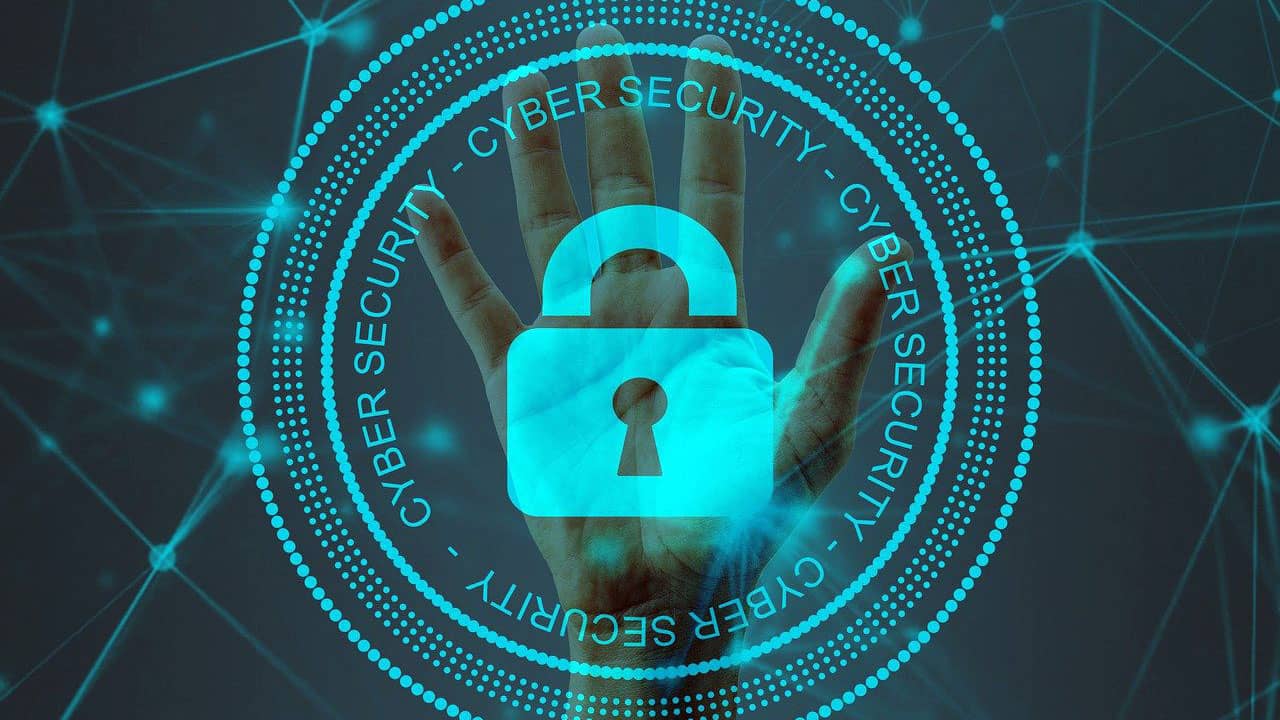
ALPHV/BlackCat Ransomware Group Takes Credit for MGM Resorts Cyber Outage A Closer Look In a recent cyber incident, the ALPHV/BlackCat ransomware group has claimed responsibility for the cyber outage that affected MGM Resorts on Tuesday. The group’s approach involves employing common social engineering tactics, such as gaining the trust of employees to obtain sensitive information and attempting to extort a ransom from their victims. However, it has been reported that MGM Resorts has taken a firm stance by refusing to pay the ransom. In this article, we delve into the details of this cyber incident and examine the implications of MGM Resorts’ decision not to negotiate with cybercriminals.
ALPHV/BlackCat Ransomware Group:The ALPHV/BlackCat ransomware group is the alleged perpetrator behind the cyber outage that targeted MGM Resorts, highlighting the persistent threat posed by ransomware attacks.
Social Engineering Tactics:The group’s modus operandi involves the use of social engineering tactics, exploiting human vulnerabilities to gain unauthorized access and sensitive information.
Trust-Based Attacks:By gaining the trust of employees or using manipulative techniques, cybercriminals can infiltrate an organization’s systems, often leading to data breaches or ransomware attacks.
MGM Resorts Cyber Outage:MGM Resorts experienced a cyber outage, which can disrupt critical operations, compromise data security, and lead to financial losses.
Refusal to Pay Ransom:MGM Resorts has taken a principled stance by refusing to pay the ransom demanded by the ALPHV/BlackCat ransomware group, aligning with the growing consensus against negotiating with cybercriminals.
Protecting Data and Reputation:By not succumbing to ransom demands, organizations like MGM Resorts aim to protect their data, maintain their reputation, and discourage cybercriminals from future attacks.
Resilience and Preparedness:The incident underscores the importance of organizations being proactive in their cybersecurity measures, including regular backups, employee training, and robust incident response plans.
Collaborative Defense:Cyber threats are a global challenge, emphasizing the need for collaborative efforts among organizations, governments, and law enforcement to combat cybercriminals effectively.
The ALPHV/BlackCat ransomware group’s claim of responsibility for the cyber outage at MGM Resorts serves as a stark reminder of the persistent threat posed by cybercriminals. The group’s use of social engineering tactics highlights the importance of cybersecurity awareness and employee training within organizations. MGM Resorts’ refusal to pay the ransom demonstrates a commitment to safeguarding data and resisting extortion attempts. This incident underscores the need for organizations to invest in cybersecurity measures and be prepared to respond to cyber threats effectively. By taking a principled stand against ransom payments, organizations like MGM Resorts contribute to the collective defense against cybercriminals and help protect the digital landscape for all.






